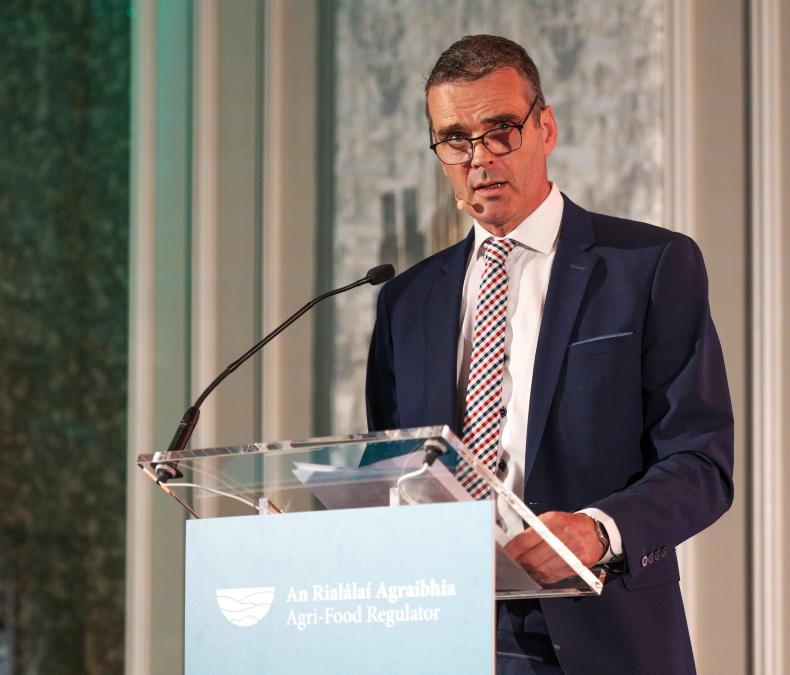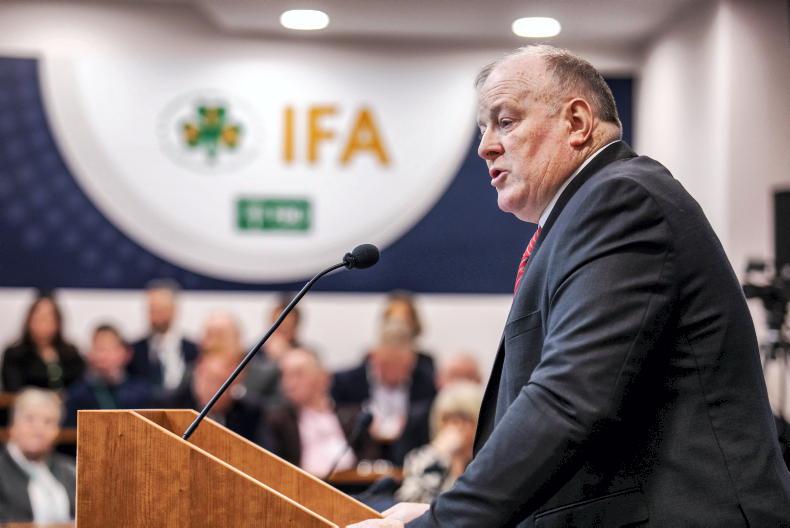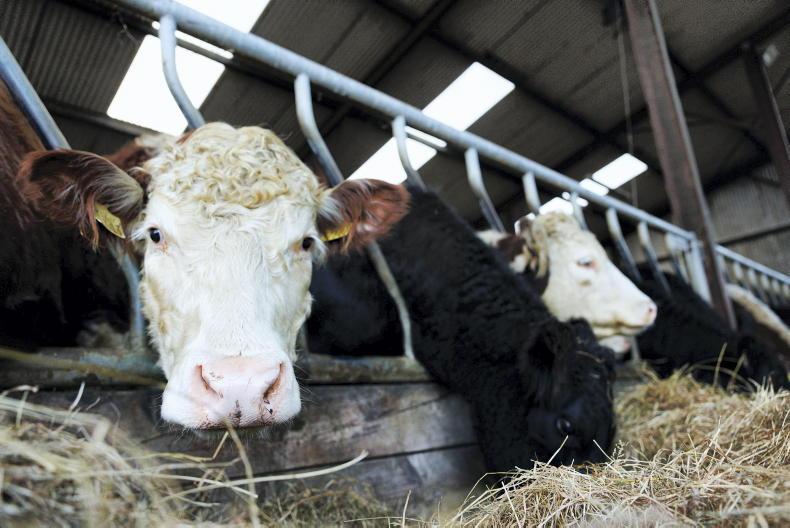It has taken several years, and lots of debate along the way, but the office of the Agri-Food Regulator is now finally in operation.
While Minister McConalogue can take satisfaction from bringing the project to a conclusion, the real work starts now for chief executive Niamh Lenehan and her team.
The board will have a strong insight to farmers’ thinking with the chair, Joe Healy, a past IFA president, being joined by former ICMSA president, John Comer, and Angus Woods, who was runner-up in the IFA election to succeed Healy.
He has also served as chair of the IFA Livestock Committee.
The Agri-Food Regulator isn’t a single person, rather it is an office established under the Agricultural and Supply Chain Act 2023.
The executive team and board has a brief “to ensure fairness, equity, and transparency in the food chain”, and are also responsible for delivery of the EU Legislation on Unfair Trading Practices (UTP).
Scope
It is important for the new organisation to quickly communicate what farmers and the wider agri-food supply chain can expect.
If farmers expect the Agri-Food Regulator to step in when factories pull prices following a wet weekend late in the grazing season, then they will be disappointed.
It will not get involved in the market nor will it investigate allegations of anti-competitive practices in the agri-food industry.
Given that CEO Niamh Lenehan has been in office as CEO designate since May, it is hoped that there is the framework of a plan in place for the road ahead.
She has hinted that there is by referring to “an immediate focus on the delivery of a statement of strategy and associated workplan.”
The words “fairness” and “transparency” have featured in almost every sentence about the setting up of this office. Fairness cannot be specifically defined – it is very much a feeling experienced by the different people in the supply chain.
Fairness for farmers is the price they receive for the meat, milk, grain or horticulture crops they produce. Transparency, however, is much more tangible and it is something that either exists or it doesn’t.
For example, for cattle slaughtered, the price paid to farmers is completely transparent across the EU and the UK.
Fairness for farmers is the price they receive for the meat, milk, grain or horticulture crops they produce
Every factory processing over 20,000 head of cattle is obliged to report the prices paid for each grade to the EU which then publishes it the following week.
The same applies to milk and pigs, although sheep are excluded from this mechanism.
In the case of beef, that is the last pricing information that is known until the product appears on the retail counter or the restaurant.
There is no insight on wholesale values or profits secured along the supply chain, especially where the processors are large private businesses that don’t publish accounts.
The dairy industry is somewhat different in that the co-op model has farmer representation on boards and annual accounts are published.
The success or failure of the Agri-Food Regulator will be determined by the level of transparency it succeeds in bringing to what happens the produce of Irish farms once it leaves the farm gate.
Transparency and fairness
If full transparency is achieved, then fairness can easily follow.
This is because farmers will be able to judge market conditions for themselves and see if they are being ripped off by factories when prices fall, or if it is indeed a wider market problem which is hitting factories as well as farmers.
The transparency standard that the Agri-Food Regulator should aim for is the model operated in the US by the United States Department of Agriculture (USDA).
It publishes data on all commodities, effectively in real time, which shows sales values and volumes and stock levels.
Farmers can see what factories are getting for the processed product and how well it is selling or not as the case may be.
There is no insight on wholesale values or profits secured along the supply chain, especially where the processors are large private businesses that don’t publish accounts
This enables farmer to better understand how the price they are being paid by factories is calculated and also enables them to make an informed judgement on the fairness of prices.
Another priority for the Agri-Food Regulator should be enforcement of the EU Unfair Trading Practices legislation in this jurisdiction.
That is more specific in that it primarily covers business to business trading where one party is much smaller than the other.
There are EU rules to be followed and the Agri-Food Regulator can investigate possible violations if a supplier makes a complaint.










SHARING OPTIONS